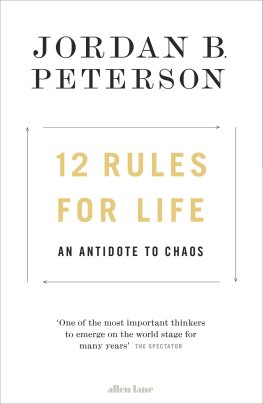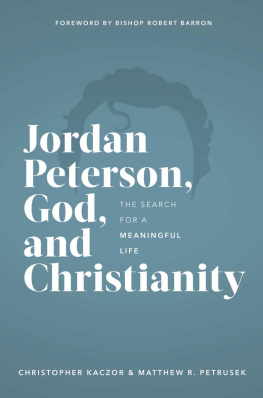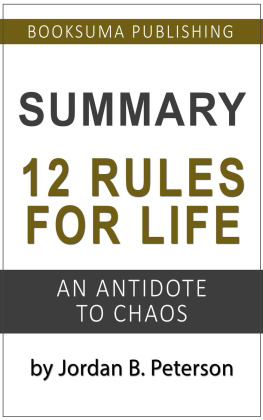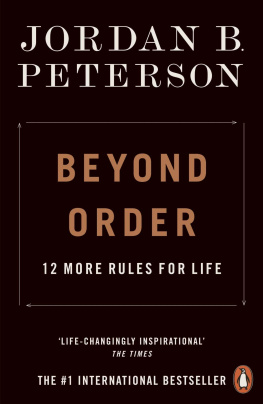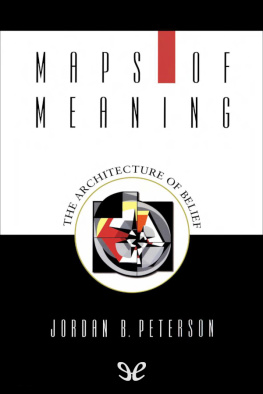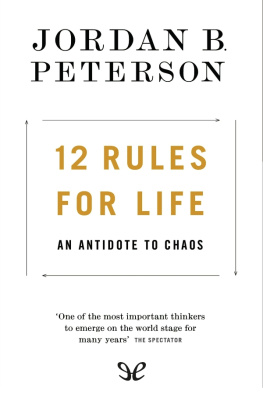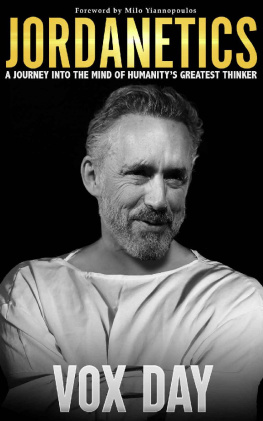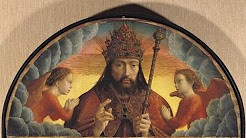Many of the arguments presented in this book were presented in earlier form in multiple outlets. These include Merion West, Jacobin, Quillette, Arc Digital, The Michael Brooks Show, and other forums. The authors would like to thank these outlets for their ongoing support in promoting their work and the kindness and patience of the editors. We would also like to thank our families and friends for their generosity and warmth in reading over earlier drafts and offering no-nonsense criticism. Much gratitude to our frequent collaborators, including Dylan De Jong, David Hollands, Amir Massoumian, Borna Radnik, Erik Tate and others. Their passion for the topic always inspired us to make sure the book was the best it could be. Finally, thank you very much to Greg Tallion. He set up the website for this text and provided vital feedback and assistance throughout its writing. Solidarity.
It might seem a little odd to include the biography of a still living figure into a critical book on him. But Peterson is no ordinary intellectual writing in a purely abstract matter about a topic related to their academic expertise. His major works all include substantial biographical components. These include a lengthy account of Petersons intellectual and spiritual development in the Introduction to Maps of Meaning, ruminations of significant life experiences and relationships in 12 Rules for Life, and even a somewhat pretentious letter written to his father at a young age which includes this modest observation:
I dont know, Dad, but I think I have discovered something that no one else has any idea about, and Im not sure I can do it justice. Its scope is so broad that I can see only parts of it clearly at one time, and it is exceedingly difficult to set down comprehensibly in writing...Anyways, Im glad you and Mom are doing well.
On occasion these autobiographical elements are somewhat precious. But they do serve a more important purpose. Peterson is a psychologist working in a broadly existential philosophy. Needless to say, his work will inevitably have an intensely personal component to it, since his contentions are not simply about an objective subject matter. He is trying to demonstrate how to bring order to ones inner life by discovering meaning and authenticity in life. Like many of his intellectual forefathersfrom Kierkegaard down to JungPeterson recognizes this as a task for each individual, including himself. And it must inevitably be explored through understanding ones self and psyche without deceit or obfuscation. Clearly Peterson did not excuse himself from these efforts, and it makes understanding his own inner journey helpful when trying to understand the intellectual outlook framing his work and ultimately politics.
Jordan Peterson grew up in the small town of Fairview in rural northern Alberta in 1962. For those unfamiliar with Canada, northern Alberta is considered unusually cold and isolated by the rest of us. He describes life in Fairview as relatively pleasant, with solidly middle-class and well-educated parents who provided security and encouragement from a young age. In Maps of Meaning he describes his family as nominally religious, with his mother being a true believer who attended church with the children and his father largely apathetic. Around the age of 12 he concluded that religion was for the ignorant, weak and superstitious and left the church. He describes how virtually no one except his mother opposed this apostacy, and even she gradually became acclimated to Petersons adolescent rebellion against the faith that had fostered him. Shortly before he went to university for political science, Peterson turned to mildly left-wing politics as a potentially new ideology to provide meaning in life. He participated in campus activism and joined the mildly socialist New Democratic Party, associating with many young progressives. From very early on, though, Peterson recounts feeling out of place in the Left. He describes his colleagues as being unambitious and all too willing to blame society for their problems rather than assume personal responsibility for them. Peterson also found himself admiring the administrators and businessmen who ran the university, despite them technically supporting the inegalitarian structures his politics were opposed to. In both his major books, Peterson describes these tensions as coming to a head upon reading The Road to Wigan Pier by George Orwell. In the culminating section Orwell (who, it is worth noting, remained a lifelong socialist) painted a scathing picture of leftist intellectuals. He described them as feeling little connection to the poor they purported to help. Instead the basis of their politics was simply hating the rich.
Moreover, Peterson describes being largely bored and uninterested in the political science degree he was majoring in. Part of this seems to simply be the way the subject was taught at the University of Alberta, which he describes as economistic and largely oriented around social and institutional explanations of behaviour. Peterson regarded this as insufficiently foundational and become increasingly fixated on trying to solve bigger and more disturbing philosophical questions. Against the backdrop of the Cold War, he was concerned to discover why relatively affluent and technologically advanced societies would come so close to annihilating all human life on earth. This led him, perhaps inevitably, to the problem of good and evil. Peterson also decided to switch his intellectual focus to psychology. His early research topics involved travelling to high security prisons in Alberta to help his supervisor responsible for the psychological care of prisoners. This seemingly paradoxical interest in the darker underbelly of society persisted through his PhD work at McGill and post-doctoral research at Harvard, which focused on alcohol and drug abuse. In 1998 he was appointed a full professor at the University of Toronto, while also setting up a clinical practice. By most accounts Peterson was quite successful at both enterprises, becoming a well-regarded lecturer and highly cited academic while seeing about 20 clients a week. He also married his childhood sweetheart and fathered two children; the experience of raising them is frequently referenced in his books.
The tipping point in Petersons life came in the mid-2010s. He had already flirted with becoming a more public figure, presenting a series of lectures on religion and self-help on YouTube which received a significant number of views. However, Petersons big break came not because of psychology but because of politics. In September 2016 he posted a series of videos opposed to Canadas Bill C-16: An Act to Amend Canadas Human Rights Act and Criminal Code. This Bill had been put forward by the Liberal government of Justin Trudeau, and would make it illegal for the federal government to discriminate against individuals on the basis of their gender expression. Peterson saw this as an attempt, alongside revisions to Ontarios Human Rights Code, to censor speech. He refused to comply with a demand that he address students by their preferred gender pronouns. During this time period, Peterson made a number of...questionable...claims about the potential legal ramifications of his stance. Despite chiming several times that he could be arrested for his position or lose his job, the University of Toronto sent two warning letters asking him to stop and then did nothing. Legal officials pointed out that the idea that Peterson would be subject to jail time was ludicrous, as nothing in Bill C-16 or the Ontario Human Rights Code made it a crime to not use someones preferred gender pronouns. Peterson also made some highly questionable claims about setting up an alternative post-secondary institution which would become accredited, which later turned out to be a dead-end project. The proposals fantastic qualities certainly didnt discourage his new supporters from donating to Peterson on Patreon, and he quickly discovered a lucrative revenue stream which dwarfed his academic salary.


